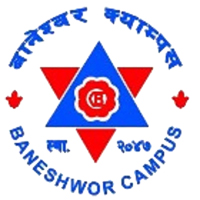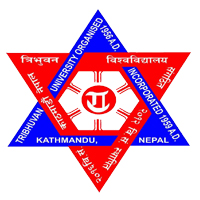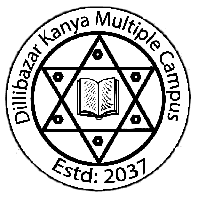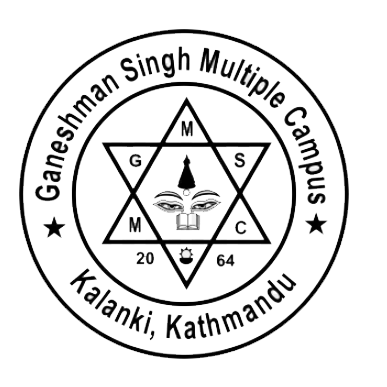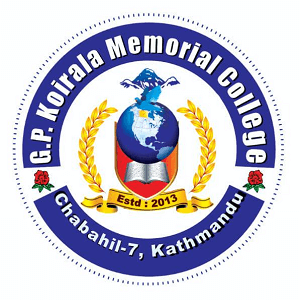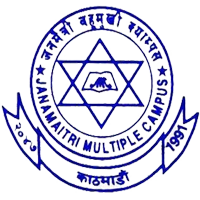Overview
Master of Education (M.Ed.) at Gramin Adarsha Multiple Campus, Nepaltar–Balaju, Kathmandu
Master of Education (M.Ed.) at Gramin Adarsha Multiple Campus (GAMC) runs under Tribhuvan University, Faculty of Education. Students who have completed a bachelor’s degree in education or an accepted equivalent enter a two-year path that develops higher-level teaching practice, assessment literacy, and research skills.
Your study plan spans four semesters and supports specialization that links to prior study and school demand in Nepal.
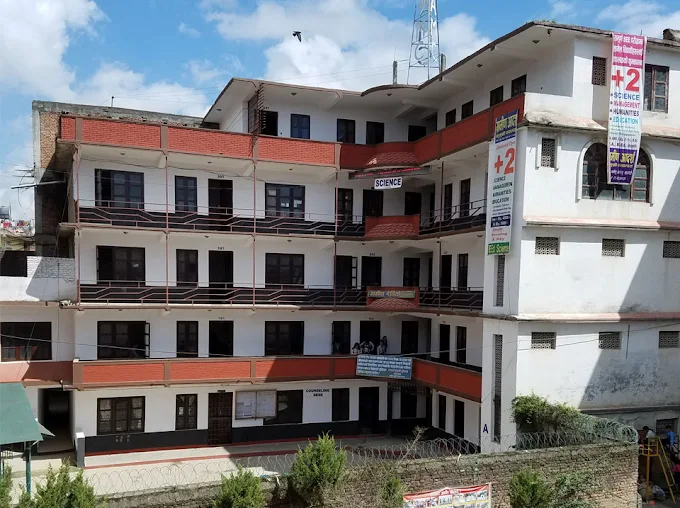
Highlights
-
TU-affiliated two-year master’s program across four semesters.
-
Specializations follow subject availability at the campus and TU framework.
-
Entrance test as per Faculty of Education rules when required.
-
Internal evaluation through assignments, presentations, and tests; final examinations per TU schedule.
-
Research supervision for seminar papers or thesis components as specified by the program.
Curriculum Details
Semester-wise modules include advanced educational psychology, measurement and evaluation, education and development, research methodology, and subject-focused pedagogy seminars. Research modules cover problem statements, literature review, tool preparation, sampling, ethics, data analysis, and reporting. Measurement modules address reliability, validity, test construction, and grading policies relevant to Nepali schools. Pedagogy seminars review recent approaches to language, mathematics, science, or social studies education depending on specialization. Students connect classroom theory to field realities through mini-studies or school-based inquiries.
Objectives
The course develops teachers and education practitioners who can mentor junior staff, review assessment practices in schools, and plan training sessions grounded in evidence. Students learn to critique textbooks, map curriculum to learning outcomes, and propose improvements that suit local classrooms.
Scope
Graduates move into higher-grade teaching, academic coordination, assessment units, and training roles. Many graduates support curriculum development, exam item review, and data analysis in schools, municipalities, or education projects. A number of graduates pursue MPhil or PhD after thesis work and relevant experience.
Learning Outcomes
Students can plan school-level assessments that match objectives, interpret test data, and recommend remediation. Students draft training outlines for colleagues, prepare observation tools, and write reflective notes after class visits. Students carry out small research projects, manage basic statistics with spreadsheets, and summarize findings in clear language for school stakeholders.
Skill Development Modules
-
Research workshops on proposal writing, tool pilots, and ethics forms.
-
Assessment clinics on blueprinting, item analysis, and reporting formats.
-
Classroom observation labs using rubrics for lesson flow and interaction quality.
-
Data skills: spreadsheet formulas, charts, and short briefs for staff meetings.
-
Communication practice for parent meetings, teacher orientation, and student feedback sessions.
Teaching Methodology
GAMC combines seminars, journal reading circles, peer presentations, and supervised research guidance. Internal assessment values participation, timely submissions, and presentation clarity. Final examinations follow TU rules. Faculty encourage topic selection that responds to local school needs and municipal education plans.
Admission Requirements
Applicants need a bachelor’s degree in Education or an accepted equivalent recognized by TU. The Faculty of Education may conduct an entrance test; merit lists guide admission.
Documents required include bachelor’s transcripts, character certificates, identification copy, and recent photos. Intake notices, specialization availability, and orientation dates are issued by the campus.
Career Opportunities
M.Ed. graduates teach at higher grades, coordinate subject groups, and assist with exam preparation and policy rollout in schools. Roles also include curriculum support, training facilitation, and education project positions with government bodies or organizations that run school improvement programs.
Scholarships and Financial Aid
Merit awards and need-based concessions run under campus policy. Applicants attach supporting documents during the announced window. Scholarship results appear on campus notices.
Why Choose This Course?
Students who want deeper knowledge of assessment, research, and subject pedagogy benefit from this program. The structure links theory to visible school tasks: item writing, classroom observation, and feedback. The campus location supports study alongside work for teachers based in Kathmandu Valley.
Conclusion
M.Ed. at GAMC advances your teaching and academic coordination skills. Careful study and applied research prepare you to guide colleagues, improve assessment quality, and support schools that seek steady, evidence-based practice.
FAQ
1) Is M.Ed. at GAMC under TU?
Yes. The program follows TU, Faculty of Education guidelines.
2) How long is the course?
Two academic years across four semesters.
3) Is there an entrance test?
Faculty of Education may require it. Campus notices share details each intake.
4) What evaluation pattern applies?
Internal work during semesters and TU final examinations.
5) Does the course include research work?
Yes. Research methodology and supervised projects or thesis components are part of the plan.
6) What are typical roles after graduation?
Higher-grade teaching, academic coordination, curriculum and assessment support, and training roles in schools or education projects.


